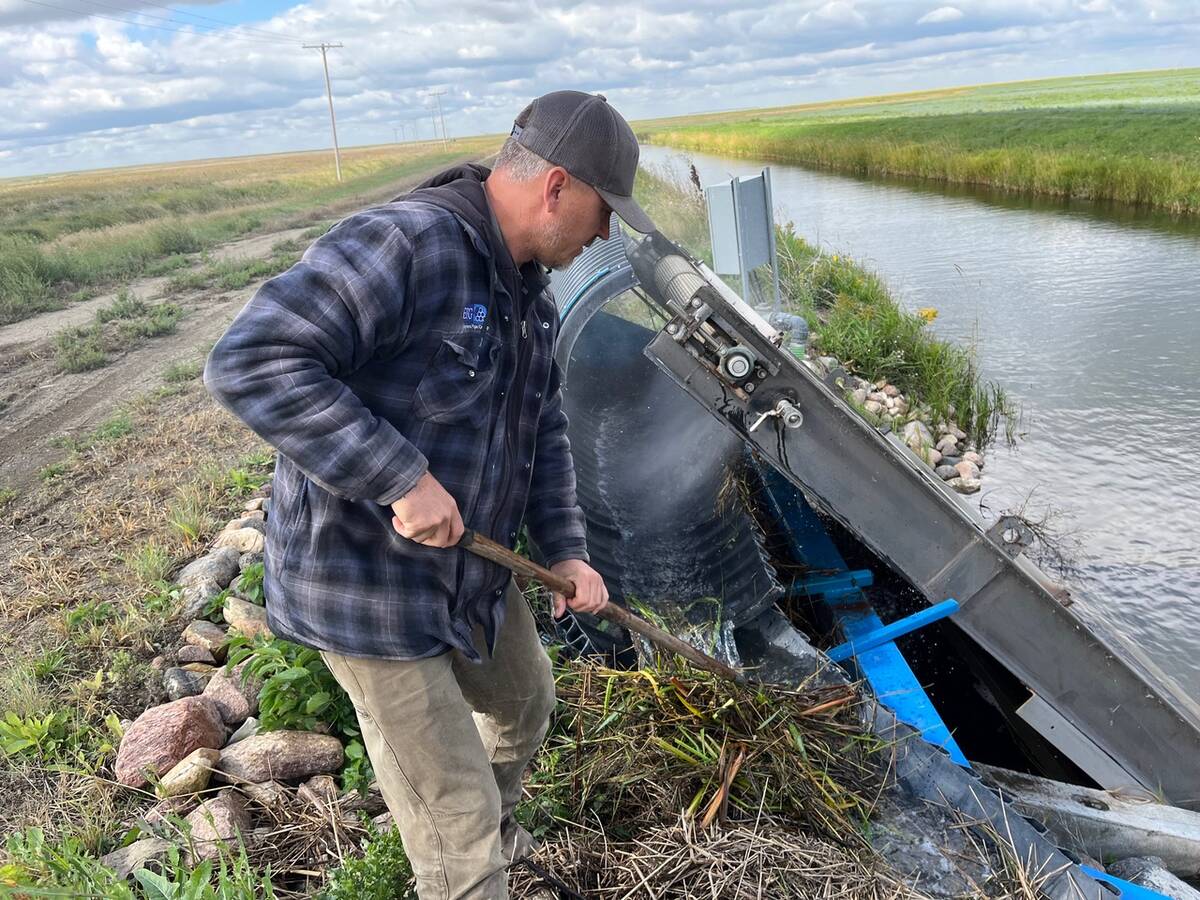OTTAWA – Grain exporters could be losers if Ottawa does not change flawed proposals to deregulate and commercialize the Canadian marine freight system, a spokesperson for prairie wheat pools warned MPs last week.
Alberta Wheat Pool president Alex Graham said one of the victims could be the St. Lawrence Seaway system.
He told a House of Commons committee that the proposed new marine law, with built-in cost-recovery and pilotage charges, could add as much as $2 per tonne to the cost of moving grain through the seaway.
Read Also

Saskatchewan farmer uses tile drainage to manage water
The integration of both irrigation and tile drainage results in higher yields, water efficiency, improved soils and less nutrient runoff, says one producer.
“This would have been enough to make the use of alternative routings such as the Missouri-Mississippi River system economically feasible.”
It could also give a competitive advantage to rail movement of grain east, bypassing the seaway, he said.
“Loss of traffic on the seaway will be a cumulative process,” said a supporting brief to the Commons transport committee from Prairie Pools Inc. “An initial reduction would reduce toll revenues, leading to pressure for increased tolls, which further reduces traffic.”
Graham said Prairie Pools supports the government goal of developing a more commercial marine strategy. It includes private operation of ports by local port authorities and the St.# Lawrence Seaway by a coalition of users.
But he said Ottawa is making serious mistakes in its reform plan that will build costs and inefficiencies into the marine freight handling system.
The grain industry, which has had to bear the costs of deregulation, cost recovery and subsidy cuts, will also have to bear those costs.
“Instead of creating efficiencies and reducing costs, this legislation may actually increase costs to the system,” Graham told the Commons committee.
Pilot still needed
One of the main complaints of the pools, as well as shipowners who have appeared before the committee, is that the rules would not change the traditional requirement that shippers in Canadian waters must use a separate pilot to navigate the route.
Graham said pilotage accounts for more than 20 percent of the cost of port services in Vancouver and Prince Rupert.
He complained the pilotage authorities are allowed to add costs to the system without being forced to justify those costs or services.
“This is not consistent with the direction set by the government for grain transportation,” said Graham. “Commercialization of pilotage would result in savings for the industry and would also be consistent with the direction of the government of Canada.”
Graham argued there should be some way for shippers to appeal to a dispute settlement system if they feel they are being misused by a port authority.
And he recommended local port authorities be given more independence to raise money, in part by using property as security.
This would help the new port authorities keep user fees down.
















